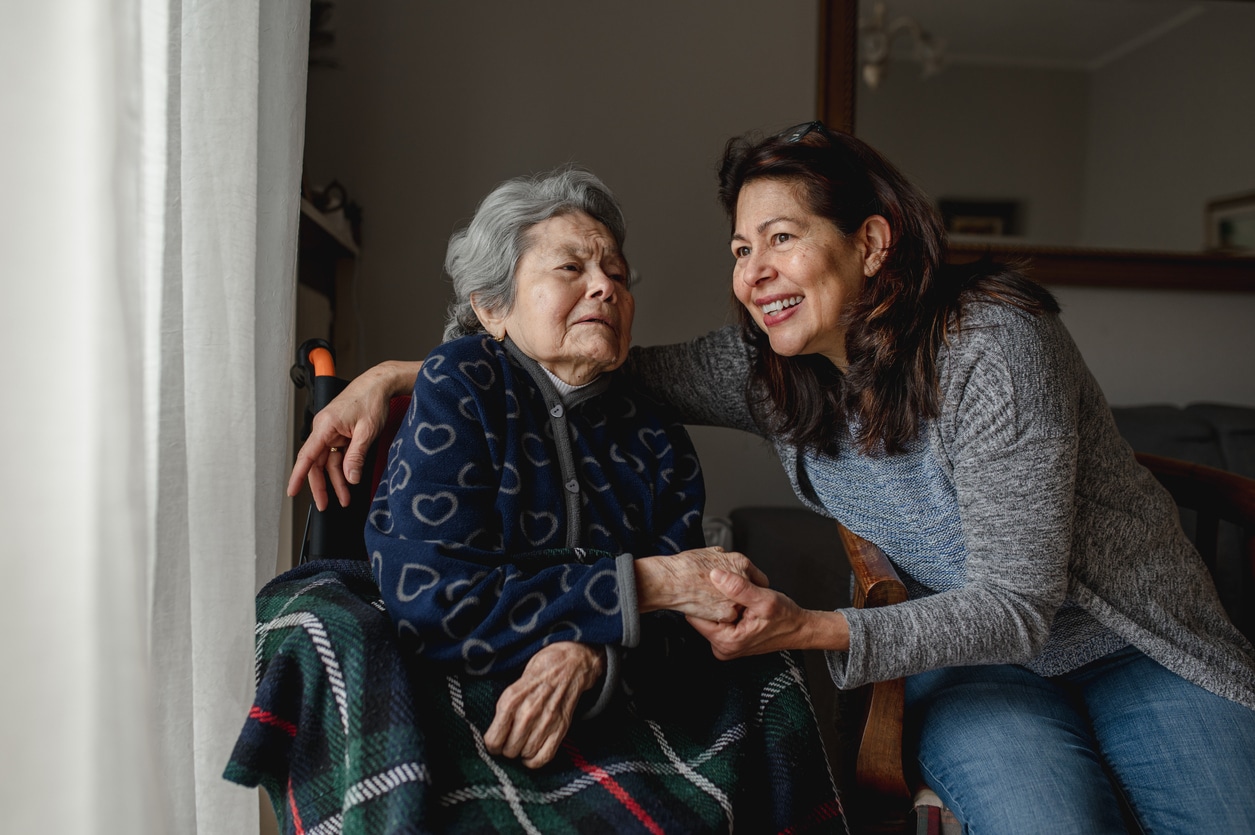While providing care for your spouse is often seen as a selfless and necessary commitment, it can take a toll on your well-being. Caregiving, when unchecked, may lead to feelings of exhaustion and overwhelm, making it essential to recognize the signs and seek support.
Navigating Overwhelming Responsibilities as a Spousal Caregiver
Understanding Spousal Caregiver Burnout
When you find yourself as the primary caregiver for your spouse, partner, or friend, the demands of this role can become all-encompassing, affecting various aspects of your life. The overwhelming physical and mental exhaustion, coupled with potential feelings of resentment, tends to escalate, especially when the care recipient is elderly or requires constant attention.
The Role of Guilt
Guilt often creeps in when assuming the role of a caregiver, further complicating the emotional landscape. Resentment may begin to surface, and addressing these emotions becomes crucial to prevent further complications. Seeking assistance is not a sign of weakness but a necessary step in maintaining both your well-being and the quality of care provided.
Causes of Spousal Burnout
Taking on the responsibilities of caregiving can be a heavy burden, particularly if the care is prolonged and the recipient’s condition is progressive. The relentless nature of caregiving, combined with the lack of acknowledgment, can evoke natural reactions like anger and resentment. Recognizing these signs is vital in understanding the almost impossible situation caregivers often find themselves in.
Signs of Caregiver Burnout
Identifying caregiver burnout can be challenging, as it may manifest subtly over time. Some signs include mental and physical exhaustion, anger, sleep disturbances, weight fluctuations, self-medicating, pain, and health issues. The sense of isolation and the perception of being trapped may intensify, signaling the need for intervention.
Utilizing Support Systems
Acknowledging feelings of overwhelm is the first step towards a healthier caregiving dynamic. Reach out to family and your spouse’s relatives, exploring the possibility of shared responsibilities. Even small acts, such as someone taking over for a few hours or helping with errands, can significantly lighten the load. Professional assistance, whether through caregiver support groups or hiring additional help, can also contribute to easing the strain.
The Role of a Medical Alert System
Integrating the support of a medical alert system can be a valuable addition to your caregiving strategy. These systems provide your spouse with access to assistance wherever they are, ensuring prompt response in case of emergencies. And with fall detection, help can be called even if your spouse is unable to press their button. This additional layer of support allows you to prioritize your well-being while maintaining the safety and care of your spouse.
Prioritizing Self-Care
It’s crucial to prioritize your well-being. Don’t hesitate to take breaks, spend time with friends and family, and engage in activities you enjoy. Help prioritize your physical health through regular exercise, a balanced diet, and sufficient sleep. These practices not only benefit you but also contribute to your ability to provide quality care. Taking care of yourself allows you to continue providing quality care without succumbing to exhaustion and guilt. Remember, asking for help is a sign of strength, not weakness.




